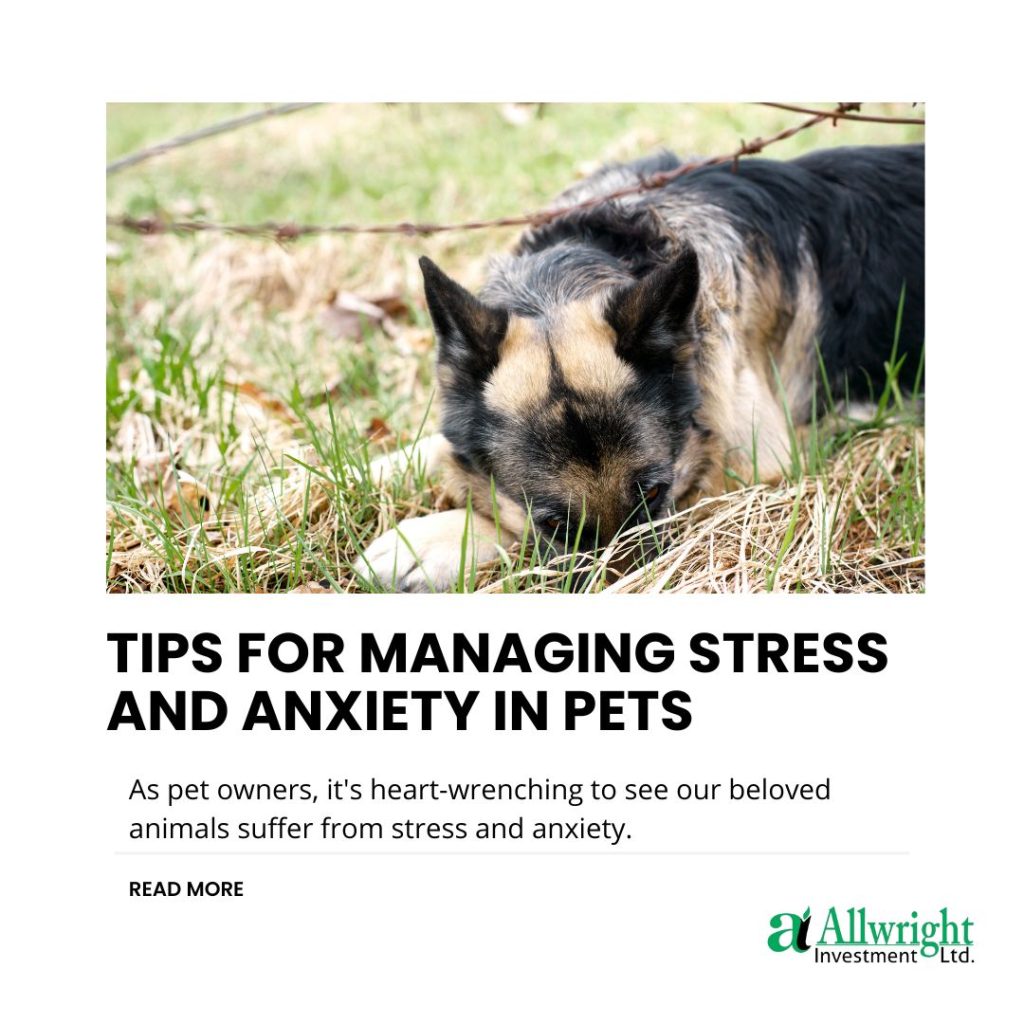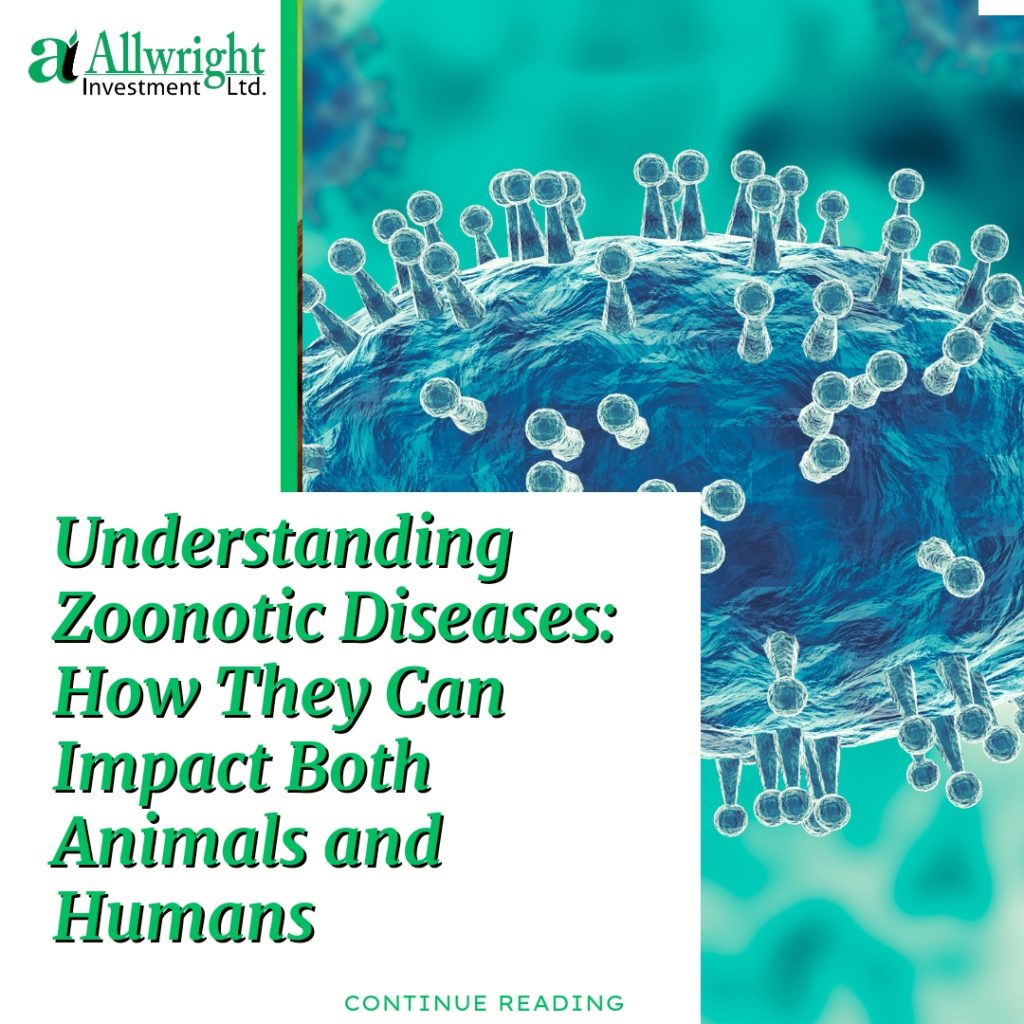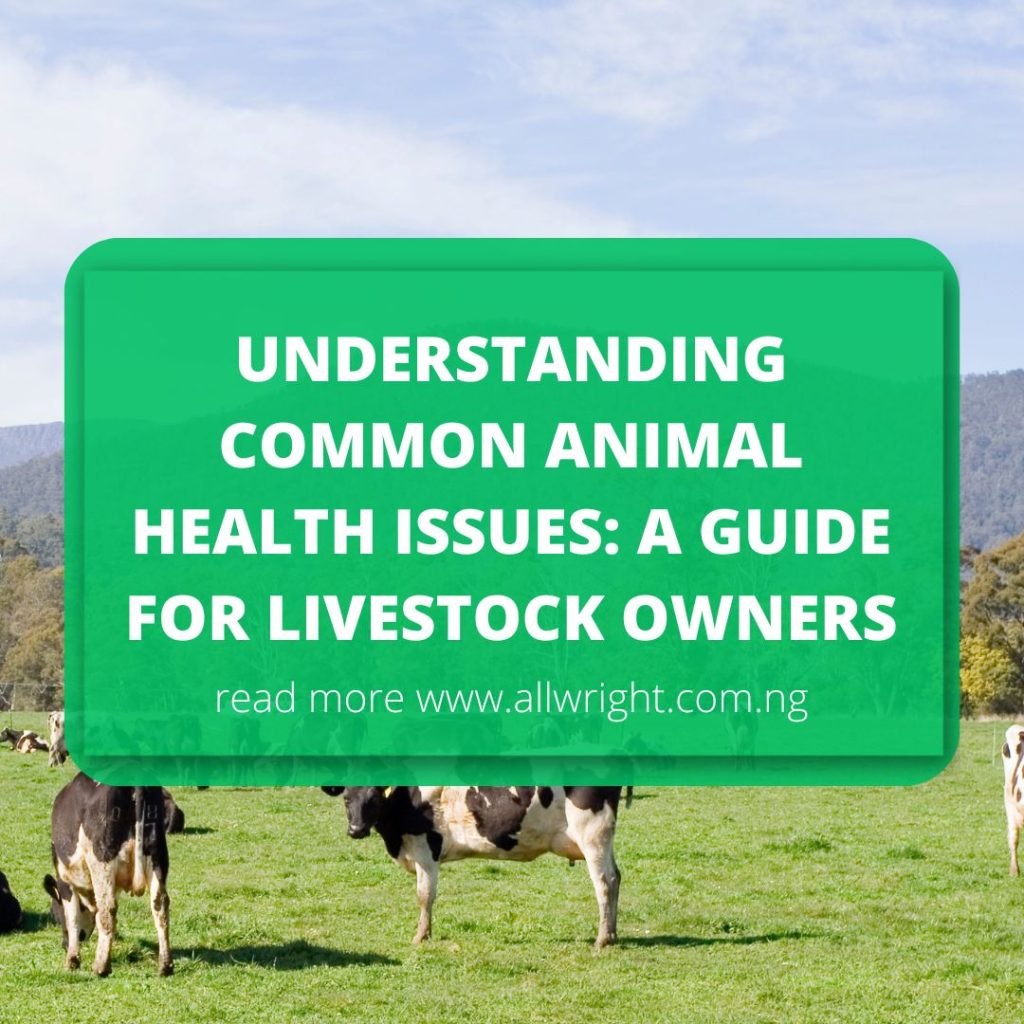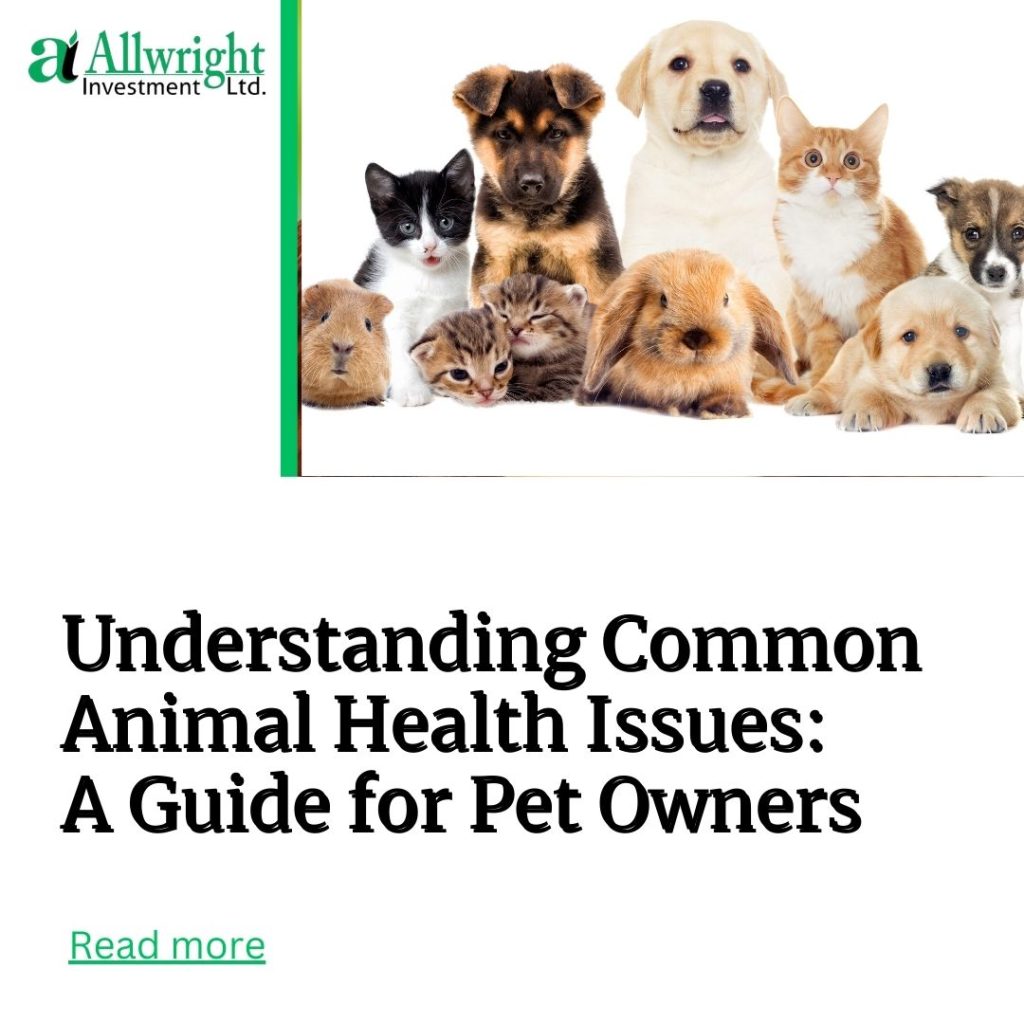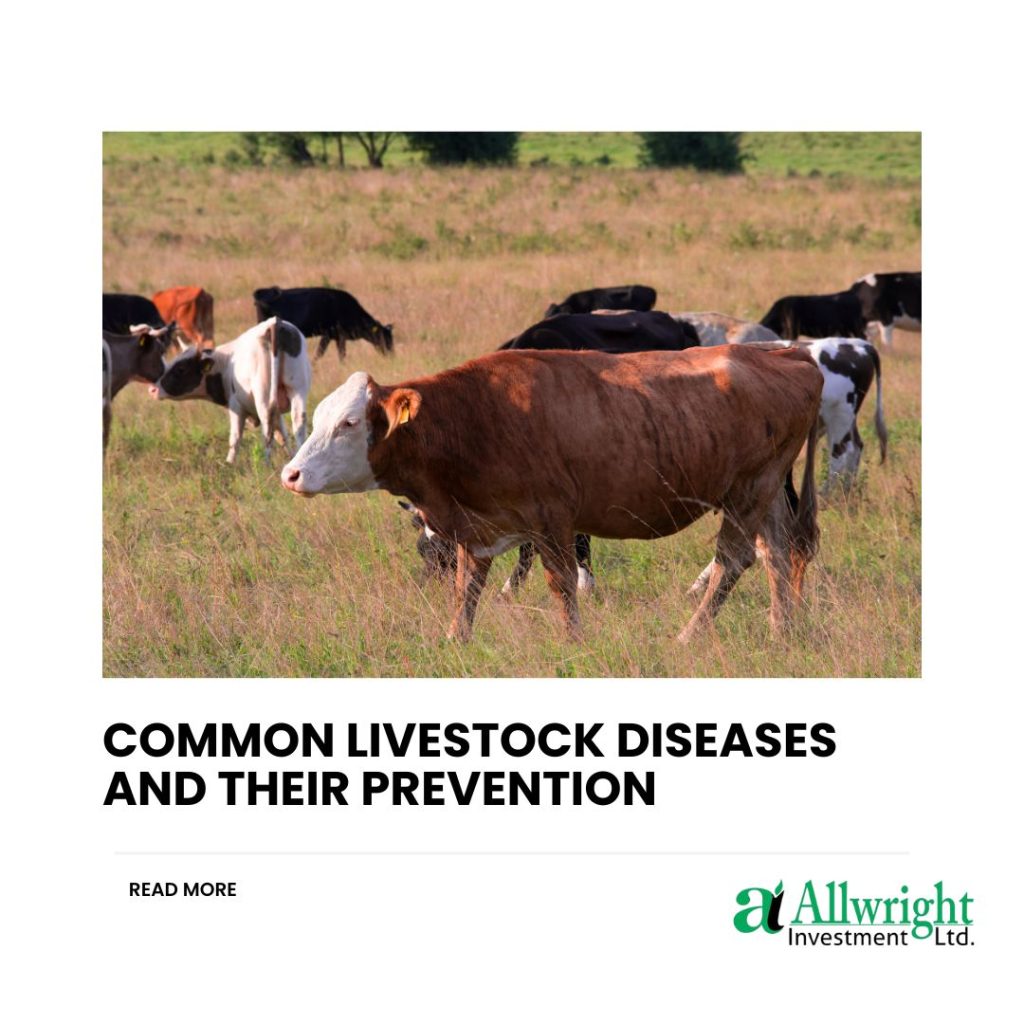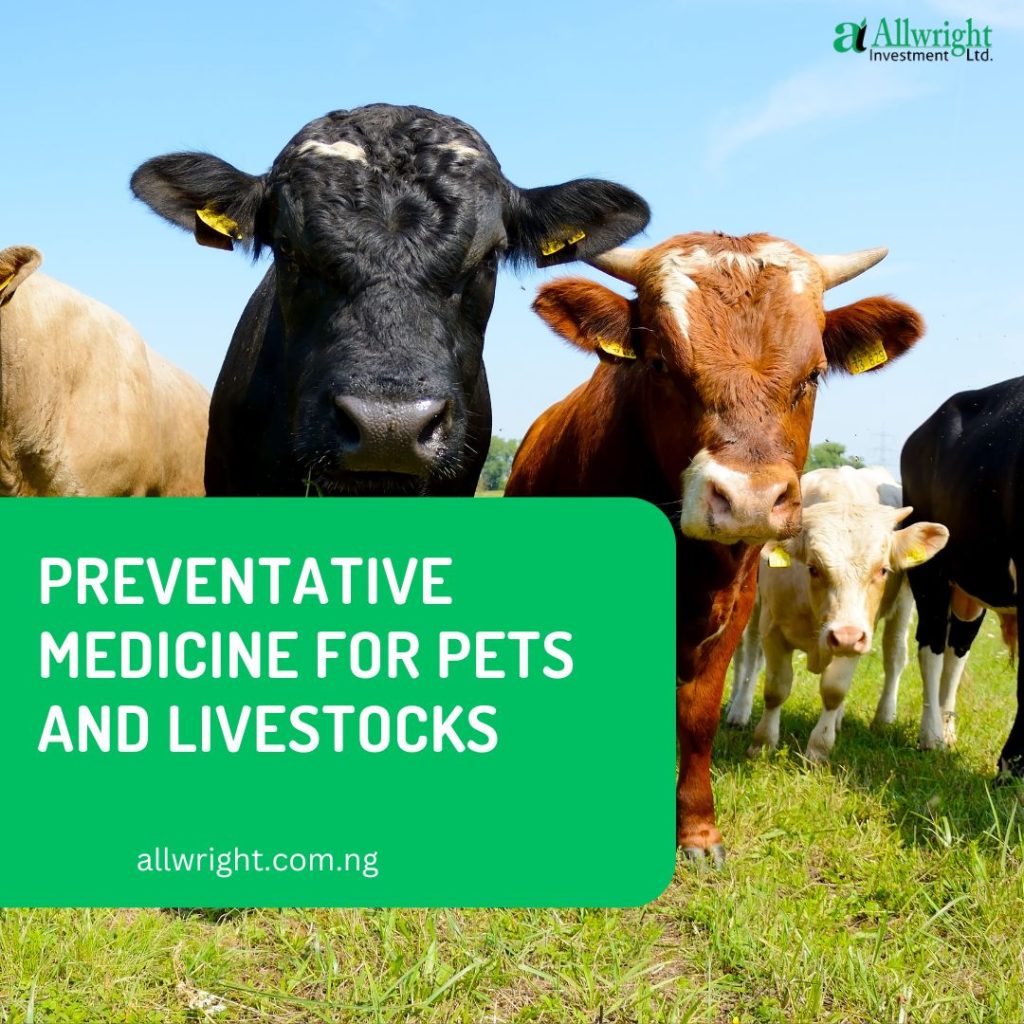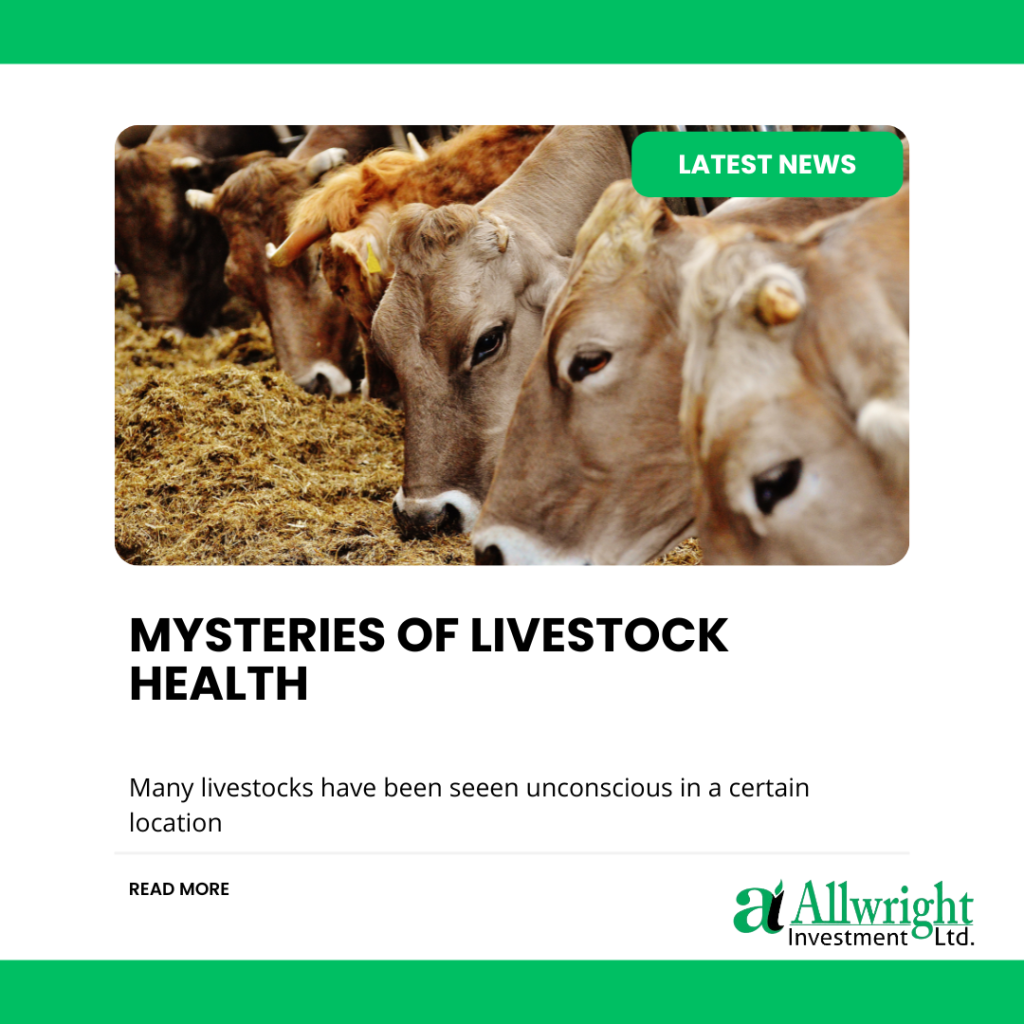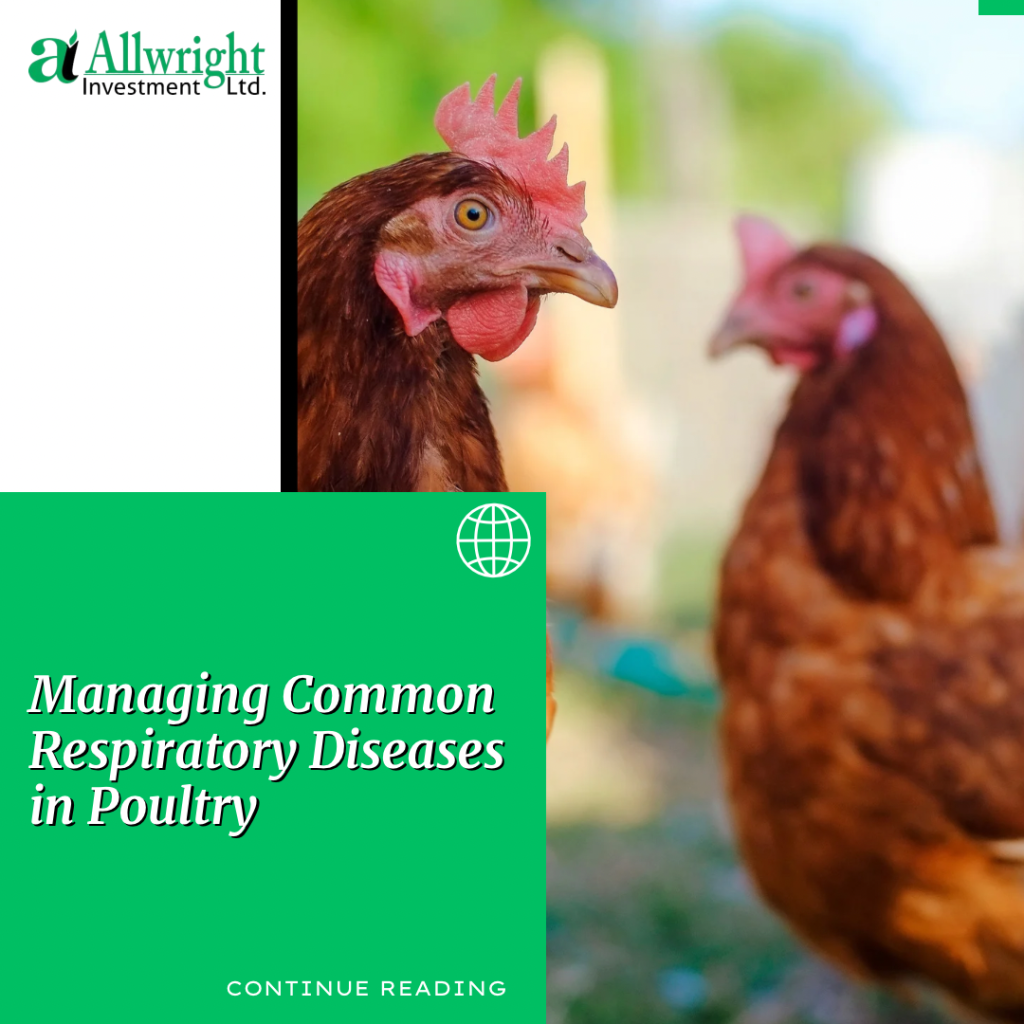The Importance of Regular Veterinary Check-ups for Your Pets
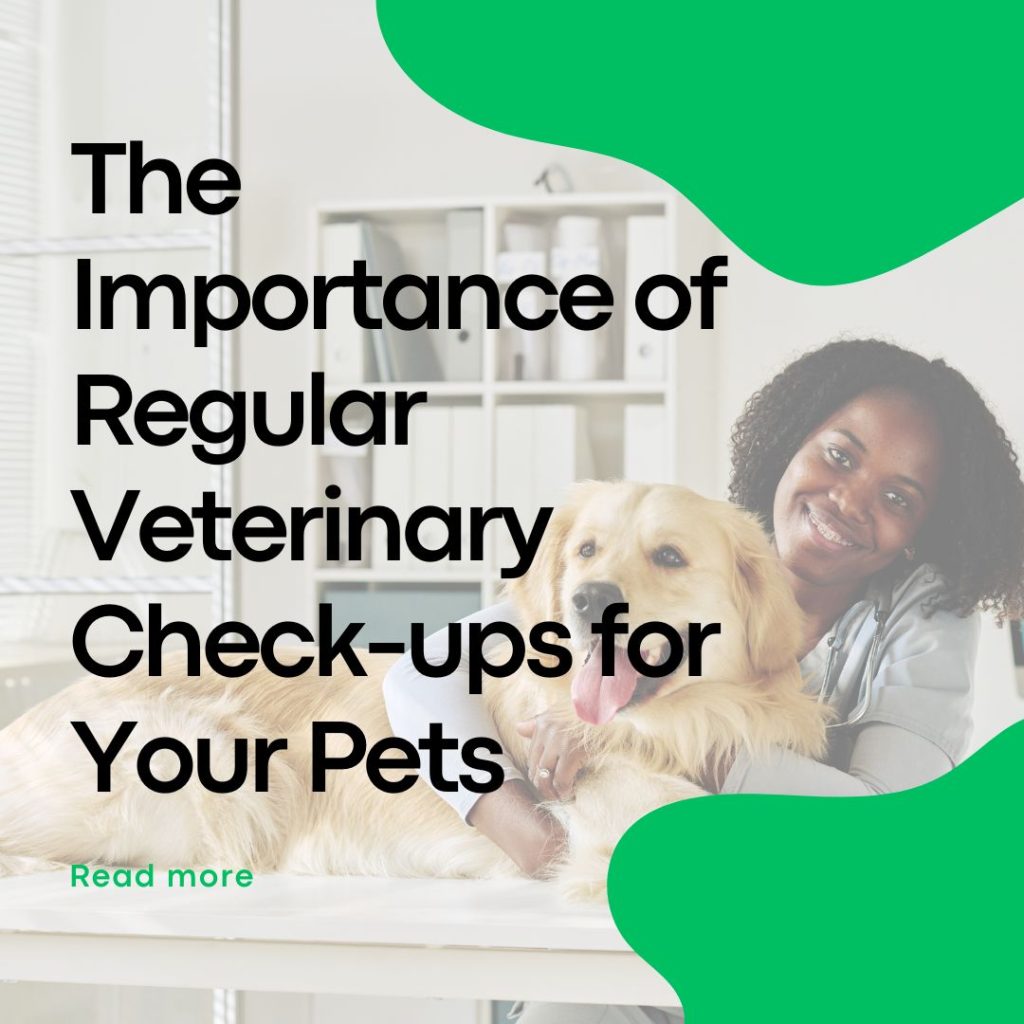
As pet owners, we want nothing but the best for our furry companions. From providing nutritious food to ensuring they get ample exercise, every decision we make impacts their well-being. One critical aspect of pet care that often goes overlooked is regular veterinary check-ups. Here’s why regular veterinary check-ups are crucial for your pets.
Early Detection of Health Issues
Regular veterinary visits play a vital role in the early detection of health issues. Many diseases and conditions may not show visible symptoms until they are advanced and more difficult to treat. During a check-up, veterinarians perform thorough examinations, which can help identify potential problems before they become serious. Early detection often leads to more effective treatment options and a better prognosis for your pet.
Preventive Care
Preventive care is the cornerstone of maintaining your pet’s health. Vaccinations, dental care, and parasite prevention are all part of a routine veterinary check-up. These measures not only protect your pets from common diseases but also contribute to their overall longevity and quality of life. Veterinarians offer a full range of preventive services tailored to meet the specific needs of your pet, ensuring they stay healthy year-round.
Monitoring Your Pet’s Health Over Time
Pets age much faster than humans, and their health needs can change rapidly. Regular check-ups allow veterinarians to track your pet’s health over time, noticing any changes that might indicate a problem. By maintaining a comprehensive health record, veterinarians can provide personalized care that adapts to your pet’s evolving needs, ensuring they receive the most appropriate treatments and interventions.
Expert Advice on Nutrition and Lifestyle
A balanced diet and a healthy lifestyle are essential for your pet’s well-being. During a veterinary visit, veterinarians can provide valuable advice on the best nutrition and exercise plans tailored to your pet’s breed, age, and health status. This guidance helps prevent obesity, manage chronic conditions, and promote overall vitality.
Building a Trusting Relationship with Your Vet
Regular visits to the veterinarian help build a trusting relationship between your pet and their vet. Pets who are familiar with their vet are less likely to experience anxiety during visits, making the experience less stressful for both you and your pet.
Regular veterinary check-ups are essential for maintaining your pet’s health and well-being.
At Allwright Ltd., we are committed to providing top-notch veterinary services, including preventive care, health monitoring, and expert advice. Don’t wait for a problem to arise – schedule a check-up today and ensure your pet enjoys a long, healthy, and happy life.
Invest in Allwright Limited today!

